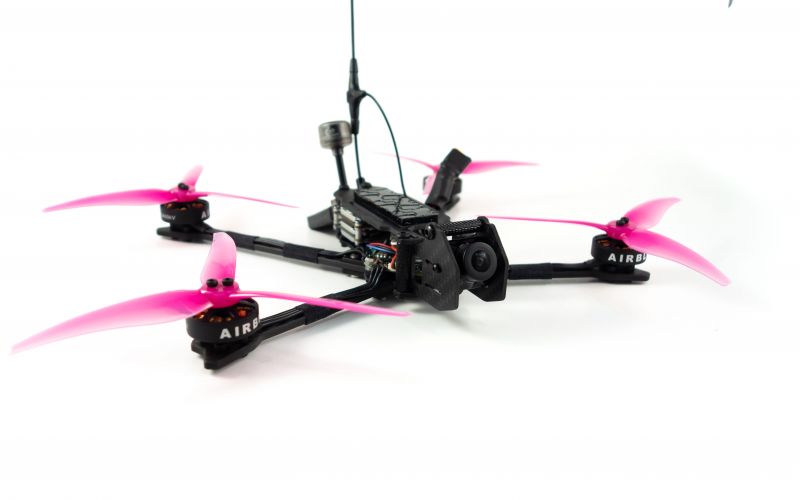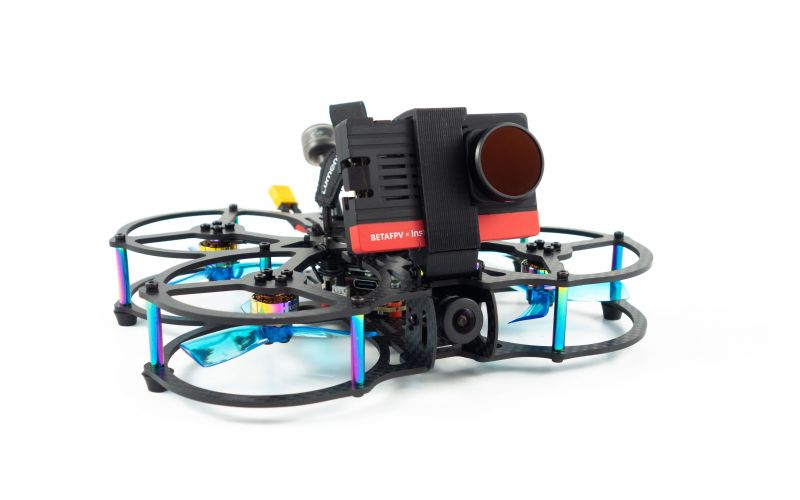Glossary: Understand AR, AI & Virtual Try-On with SellerPic
 By productinhand on Oct 15, 2025
By productinhand on Oct 15, 2025
The digital shopping experience is evolving faster than ever — and technologies like AR (Augmented Reality), AI (Artificial Intelligence), and Virtual Try-On are at the heart of that transformation.
At SellerPic, we simplify these innovations, making it easier for businesses and customers to connect through immersive, smart, and interactive online experiences.
This glossary helps you understand the key terms, concepts, and technologies behind the AI-driven virtual jewelry try-on revolution, empowering you to make informed decisions and enhance your e-commerce strategy.
What Is Augmented Reality (AR) in E-Commerce?
Augmented Reality (AR) overlays digital elements — such as virtual necklaces, rings, or earrings — onto a real-world image through your smartphone or camera.
In e-commerce, AR allows shoppers to try on jewelry virtually, visualize how it looks in real time, and make confident purchase decisions without visiting a physical store.
SellerPic’s AR technology enables brands to:
Offer realistic virtual jewelry try-ons
Increase customer engagement and time on site
Reduce return rates by improving purchase confidence
Deliver a personalized and interactive shopping journey
Example:
A customer visiting a jewelry website can open the “Virtual Necklace Try-On” feature, upload their photo, and instantly see how different necklaces appear on them — powered by SellerPic’s AR engine.
Understanding Artificial Intelligence (AI) in Virtual Try-On
Artificial Intelligence (AI) refers to systems that learn, analyze, and make intelligent decisions based on data.
At SellerPic, AI plays a crucial role in enhancing product visualization, facial recognition, and smart fitting adjustments during virtual try-ons.
AI enables:
Accurate neck, wrist, or finger detection for jewelry placement
Personalized product recommendations
Automated background removal and lighting correction
Real-time product scaling and positioning
AI ensures every virtual try-on experience feels natural, precise, and human-like, bridging the gap between digital and in-store experiences.
What Is Virtual Try-On and How Does It Work?
Virtual Try-On (VTO) technology allows customers to preview how a product — such as a necklace, ring, or earring — looks on them before buying.
At SellerPic, Virtual Try-On uses a blend of AR, AI, and 3D rendering to deliver realistic visuals that respond to user movements.
Here’s how it works:
The user uploads a photo or activates their camera.
AI algorithms detect the relevant area (neck, hand, or ear).
AR technology overlays the jewelry model with accurate proportions.
The customer can switch designs, compare looks, and capture previews.
This smooth process transforms online shopping into a personalized, interactive experience that builds trust and engagement.
Key Terms You Should Know
To fully understand how SellerPic’s technology works, here are essential terms explained in simple language:
- 3D Rendering
Creating a digital 3D model of jewelry that looks and moves like the real product.
- Face/Body Mapping
AI-driven detection that ensures virtual items fit the user’s face or body correctly.
- Machine Learning
A branch of AI that trains systems to get smarter over time by analyzing data patterns.
- Real-Time Visualization
The instant display of virtual jewelry on the user through camera or uploaded images.
- User Interface (UI)
The design layout users interact with during their virtual try-on session.
- Photorealistic Modeling
High-quality 3D modeling that replicates real textures, lighting, and reflections.
- E-Commerce Integration
The process of embedding virtual try-on features into your online store or app.
- Cloud Rendering
The use of online servers to process and deliver complex 3D visuals quickly and smoothly.
- Product Digitization
Converting physical jewelry items into virtual, 3D, or AR-compatible versions.
- Customer Experience Optimization
Using data and AI insights to refine every aspect of the shopping journey.
How SellerPic Combines AR, AI & Virtual Try-On for Businesses
SellerPic stands out as a complete virtual jewelry visualization platform, merging AR precision, AI intelligence, and VTO engagement to help jewelry brands scale online.
Benefits for Businesses:
Higher conversion rates through realistic try-on previews
Reduced product returns due to accurate visualization
Better engagement metrics from interactive shopping experiences
Faster decision-making from customers who trust what they see
Benefits for Shoppers:
Try before you buy — anytime, anywhere
See how each piece matches skin tone and outfit
Save favorites or share virtual previews with friends
Through AI-powered editing and AR simulation, SellerPic ensures that virtual jewelry experiences feel real, interactive, and personalized.
Why Understanding These Terms Matters
Knowing how AR, AI, and Virtual Try-On work empowers businesses to stay competitive.
When you understand these concepts, you can:
Choose the right technology for your brand
Communicate effectively with your tech or marketing team
Improve your online user experience strategy
SellerPic helps bridge the gap between technology and creativity, allowing even non-technical teams to leverage advanced features with ease.
Conclusion — Bringing Jewelry Shopping Into the Future
AR, AI, and Virtual Try-On are no longer futuristic buzzwords — they’re redefining the digital jewelry shopping experience.
With SellerPic, businesses can harness these tools to provide customers with personalized, immersive, and confident online shopping journeys.
By understanding the glossary of terms and how each technology interconnects, you gain a clearer view of how to make your brand future-ready.
At SellerPic, we’re not just redefining virtual jewelry try-on — we’re building the bridge between reality and imagination.
FAQs About AR, AI & Virtual Try-On with SellerPic
What is SellerPic?
SellerPic is an AI-powered virtual try-on platform that helps jewelry businesses offer realistic and interactive online try-on experiences.
How does AR work in jewelry try-ons?
AR overlays digital jewelry onto real-world images, allowing users to see how pieces look on them in real time.
What role does AI play in virtual try-ons?
AI detects facial or body features, adjusts jewelry position automatically, and enhances lighting for a natural appearance.
Is Virtual Try-On suitable for all jewelry types?
Yes. SellerPic supports virtual try-on for necklaces, rings, earrings, bracelets, and more.
Do I need a special app to use SellerPic?
No. SellerPic integrates seamlessly into websites and mobile browsers for instant use.
Can customers save or share their try-on looks?
Yes. Users can capture, download, or share their virtual try-on previews on social media.
How accurate is the AI fitting?
SellerPic uses advanced machine learning algorithms to ensure precise and realistic jewelry placement.
Does SellerPic support multiple jewelry brands?
Yes. SellerPic is designed for both small jewelry businesses and large retail brands.
How can AR improve my jewelry sales?
By allowing customers to visualize products realistically, AR builds confidence and drives higher conversion rates.
Is SellerPic’s technology secure?
Absolutely. All uploaded images and data are processed securely and not stored permanently.
Part List
Frame |
Glossary - AI Image & Video Editing Terms
Sellerpic.aiglossary
|
See Site |
Flight Controller |
Glossary - AI Image & Video Editing Terms
Sellerpic.aiglossary
|
See Site |
ESCs |
4 x Glossary - AI Image & Video Editing Terms
Sellerpic.aiglossary
|
See Site |
Guides & Reviews
AirbladeUAV has done it again and this time they've brought long range to the 5" class! Based on the popular Transformer Mini, the new Transformer 5" Ultralight adopts a lot of the same design philosophies with larger props and more payload capacity. It can fly upwards of 20 minutes on a 4 cell Li-Ion battery pack and in ideal conditions it's got a range of over 4 to 5 miles. In this guide I'll walk..
Read moreWith the release of the DJI FPV Drone cinematic FPV has become a lot more accessible, but you certainly don't want to crash a $750 drone! The QAV-CINE Freybott is a compact, lightweight cinematic FPV drone that can take a hit and keep going. It's a lot safer to fly indoors and around people. With a naked GoPro or the SMO 4k you can capture some great stabilized footage. In this guide I'll show you..
Read more









New Message for productinhand